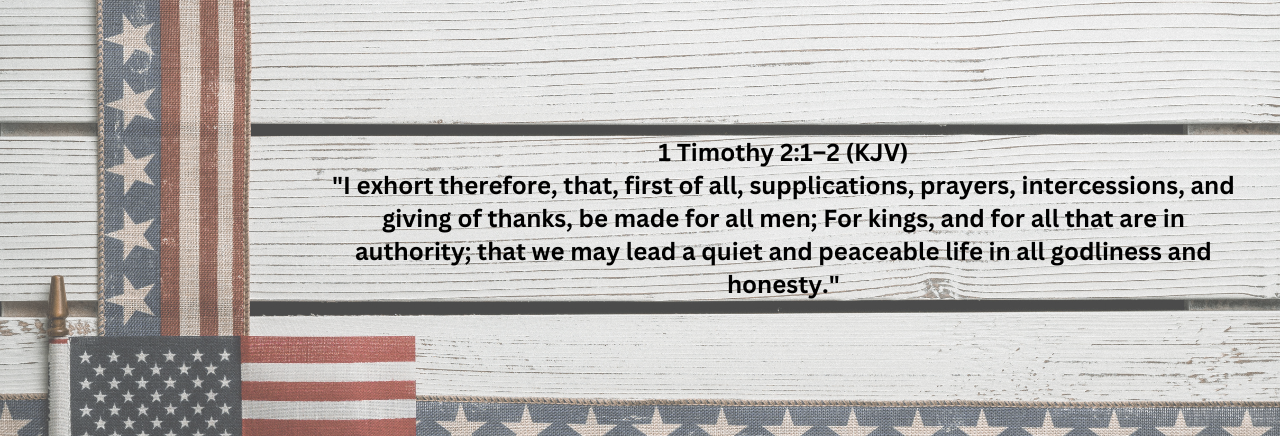
“Amazing Grace” is one of the most well-known and powerful hymns in Christian history. It’s a song that doesn’t just echo through churches and funerals — it reaches into the hearts of people who know what it is to be lost and then found. From the words themselves to the life of the man who wrote them, it all points back to the message of the Bible: God’s grace is real, and it saves.
The man behind the song was John Newton, born in 1725 in England. He didn’t grow up in a godly home, and though he had some early exposure to the truth, he went his own way. He lived a rough life, especially as a young man, and eventually became involved in the Atlantic slave trade. Newton was not just part of a cruel system — he was a captain of slave ships, responsible for the capture and suffering of many. By his own later admission, he was a wretch.
But through a series of events — including surviving a violent storm at sea in 1748 — Newton began to see his life differently. That storm didn’t just shake his ship; it shook his heart. He cried out to God for mercy, and though it took time for real change to set in, that was the turning point. Over time, his heart softened. He left the slave trade and eventually became a Christian minister. Years later, he worked alongside people like William Wilberforce to fight against the very trade he had once taken part in.
In 1772, Newton wrote the words to a poem that would later become the hymn “Amazing Grace.” The words were born out of the deep knowledge of what he had been — and what God had done for him. The first line says it all:
“Amazing grace! how sweet the sound, that saved a wretch like me.”
This wasn’t poetic exaggeration. Newton meant it. He had been blind, both spiritually and morally. But, by God’s grace, he could see.
From a biblical point of view, the song reflects the Gospel in its purest form. The book of Ephesians says, “For by grace are ye saved through faith; and that not of yourselves: it is the gift of God” (Ephesians 2:8, KJV). “Amazing Grace” is not about earning salvation. It’s not about religion or trying harder. It’s about the grace of God that reaches down to the lowest sinner and lifts them up through the finished work of Jesus Christ on the cross.
That’s why the song still matters today. Our world is full of brokenness. People are hurting, wandering, and often feeling too far gone. But the message of “Amazing Grace” is that no one is beyond God’s reach. Grace is not only for the perfect — it’s for the desperate. It’s for the man in prison, the woman crushed by shame, the child who feels invisible, the soul who’s tried everything else. The hymn speaks to the heart because it reflects what God has said all along: “Come unto me, all ye that labour and are heavy laden, and I will give you rest” (Matthew 11:28, KJV).
Whether sung in a whisper at a bedside or belted out in a church full of people, the power of “Amazing Grace” hasn’t faded. Not because the melody is beautiful — though it is — but because the truth behind it is eternal.
It’s a song of rescue.
A song of freedom.
A song of hope.
And it all comes back to the grace of God — undeserved, unearned, and still available today.




Leave a Reply